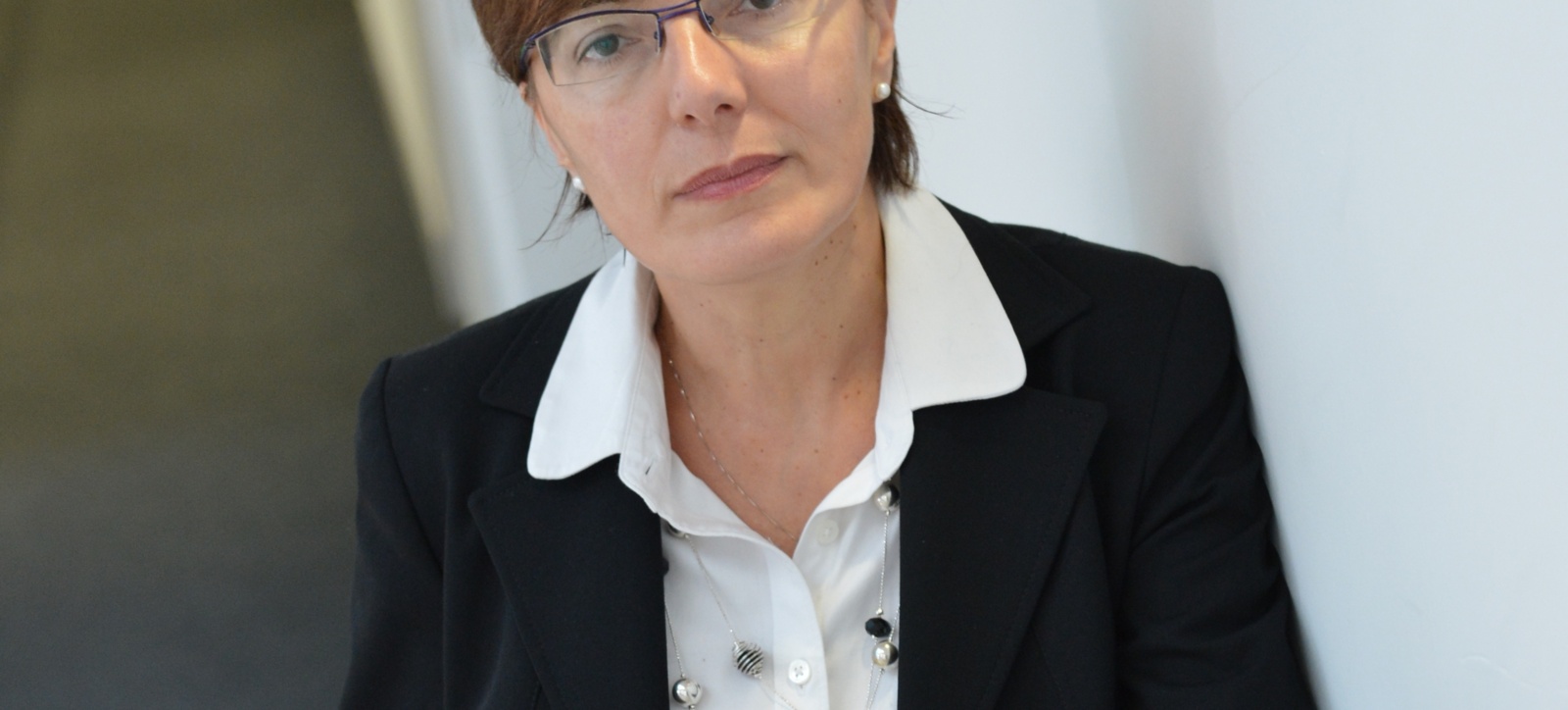
Industry expert Dr Monica Giulietti has questioned whether regulator Ofgem's proposals to force energy companies to offer fewer tariffs will actually lead to lower retail prices.
Dr Giulietti, who has produced more than 30 papers on the energy industry and its pricing mechanisms, welcomed Ofgem's efforts to simplify pricing for customers, but criticised its plan to limit each energy supplier to no more than four core tariffs for each fuel, saying it will actually lead to higher prices.
The Associate Professor, of Warwick Business School, argues that Ofgem should concentrate its energies on breaking up the oligopoly of the 'Big Six' and so allow independent retailers into the market.
"Many economists would agree that reducing the range of tariffs to only 'the lowest tariffs' would not necessarily provide benefits to all customers and will reduce the extent of competition," said Dr Giulietti, who is part of Warwick Business School's Global Energy department.
"Ofgem's proposals to simplify tariffs in order to reduce 'unfair discrimination' have already led to the resignation from the Gas and Electricity Market Authority of a prominent economist in George Yarrow on the grounds that this would have detrimental consequences for consumers and competition.
"There is a lot of evidence that it is complicated to choose the right tariff and having clearer pricing would help, but it would be detrimental to put everyone onto a single tariff as the Prime Minister David Cameron has suggested and even reducing it to four tariffs would not help to reduce energy bills.
"Only having a few tariffs would mean the energy companies will stick together and it would give them an opportunity for them to collude. In fact it is likely to lead to higher tariffs, because there are only six companies who dominate the wholesale market.
"It is difficult for true independent suppliers to access the wholesale market to challenge the 'big six'; Ofgem should be concentrating on that. They have policies to promote liquidity in the wholesale market, but there is no evidence that they have worked yet.
"Focusing on the retail tariffs will not address the problem. If there are fewer tariffs, it makes it easier for companies to check what everybody else is doing, so it will bring pricing closer together. And making the pricing transparent will make it easier for them to collude.
"For example in the cement industry in Denmark the Danish Government tried to increase market transparency by publishing the factory prices, but it only made it easier for the cement firms to monitor their competitors and that led to an increase in prices."
Dr Giulietti has recently produced a study on pricing - Estimation of Search Frictions in the British Electricity Market - and believes pricing needs to be simplified, but the range of tariff choice kept in place.
"My research work with Professor Michael Waterson (University of Warwick) and Dr Matthijs Wildenbeest (Indiana University) shows that the process of switching supplier involves substantial costs of searching for consumers to identify the 'best deal'," said Dr Giulietti.
"However, in my research on another paper with Professor Michael Waterson (University of Warwick) and Prof Luigi Grossi (University of Verona) shows even when wholesale prices fell after the reform of the wholesale market retail prices continued to rise.
"Based on our results we support Ofgem's policy of increasing transparency in the information provided by suppliers to customers and in particular about the tariffs on offer.
"Having simple choices would help people finding better tariffs, but there are a lot of people that don't engage in this so it wouldn't help all consumers. Only a minority are prepared to make the effort, according to Ofgem it is only five to 10 per cent.
"About 30 per cent of customers changed supplier without searching. In fact evidence from Dr Chris Wilson (University of Loughborough) and Prof Catherine Waddams Price (University of East Anglia) on whether people choose the right tariff found that around a quarter ended up on a worse tariff and only about 20 per cent identified the 'best deal', so there is a lot of confusion."




 X
X Facebook
Facebook LinkedIn
LinkedIn YouTube
YouTube Instagram
Instagram Tiktok
Tiktok